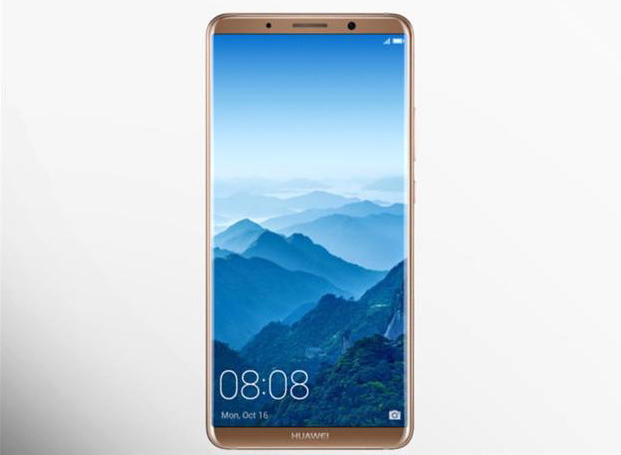Chinese smartphone and communications equipment manufacturer Huawei on Thursday local time followed through with threats to sue the U.S. government over legislation that bars government agencies from buying its products.
In a complaint filed with a U.S. district court in Texas, Huawei claims elements of 2018's U.S. National Defense Authorization Act (NDAA) (PDF link) that limit government agency spending are unconstitutional. Specifically, section 889 of NDAA, entitled "Prohibition on certain telecommunications and video surveillance services," restricts executive government agencies from purchasing telecommunications equipment manufactured by Huawei and ZTE.
As noted by CNBC, Huawei claims the NDAA provision is a "bill of attainder," or a legislative act that declares a person or persons guilty of an act and punishes them without due process. Such legislation is deemed unconstitutional.
Further, by codifying a prohibition under NDAA, the U.S. government is depriving Huawei of due process, disallowing it of hearing charges or fighting those allegations in court.
Section 889 was born from government allegations of espionage on the part of Huawei and ZTE. Despite Huawei's consistent denial of those claims, the U.S. has sought not only to rid official agencies of the company's hardware, but impress security concerns on consumers.
"The U.S. Congress has repeatedly failed to produce any evidence to support its restrictions on Huawei products," Huawei Rotating Chairman Gu Ping said in a statement, reports Reuters.
Separately, Huawei, company CFO Wanzhou Meng and "unofficial affiliate" Skycom are facing U.S. Department of Justice charges for bank fraud, wire fraud, violations of the International Emergency Economic Powers Act (IEEPA) and conspiracy to commit money laundering.
Prosecutors allege Huawei conducted business operations in Iran through Skycom in violation of U.S. sanctions on the country and subsequently lied about banking partnerships tied to the endeavor. Charges also include allegations that Huawei personnel stole trade secrets relating to a T-Mobile robot called "Tappy." The company is also charged with obstruction for allegedly moving witnesses beyond U.S. reach and attempting to destroy or conceal evidence from investigators.
 Mikey Campbell
Mikey Campbell








 William Gallagher
William Gallagher


 Wesley Hilliard
Wesley Hilliard

 Christine McKee
Christine McKee
 Malcolm Owen
Malcolm Owen





-m.jpg)




122 Comments
LOL. Case dismissed in 3... 2... 1....
It’s funny how many fandroids get very upset at the fact that they cannot buy Huawei devices here and scream that there is no proof about any allegations of espionage.
The simple fact that the CIA and the NSA issued the warning isn’t good enough for them. I get not trusting some parts of our govt, but when the part that spies on other countries warns the American people that there is a real risk, I think we should listen.
What are they hoping to achieve here? Even if they win no government agencies are going to purchase their equipment.
It seems more like a taunting by Huawei, trying to see how much they can control the government. I’m 100% for smaller government, but sometimes we need to take drastic action in the interest of national security even if we don’t have concrete evidence. I wonder if the government does in fact have concrete evidence but revealing it would reveal other secrets the general public is better off not knowing.
Kept Tim safe